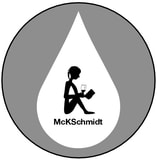a little-known listing of permits, administrative rules, and other official notices. With only three days remaining for public comment—and not a single comment logged on to the DEQ site--MLive published Nestlé’s plan to significantly increase groundwater pumping from 150 to 400 gallons-per-minute at their well in Osceola Township. Ellison and MLive have renewed my faith in journalism and the critical role the press can and must play in a democracy. As a result of Ellison’s story, over 1,700 comments were posted, swamping the DEQ and resulting in an extension of the public comment period from November 3rd until December 3rd. As reported on Michigan Public Radio (MPR), Michigan’s chief of the environmental health section for the DEQ’s drinking water office promises to revamp the procedure for notifying the public to include things like public hearings and ample time for comment. Thank you Ellison and MLive for nudging our government towards a more robust and open public review process! However, 30 days is not enough time for meaningful discussion on Nestlé’s current application. The company claims that while water levels may be affected, they do not see any adverse ecological effects. They also claim that only minimal declines in water levels should be expected at the nearby Chippewa/Twin Creek tributary headwaters. The scientific information behind the application has just been released. Let’s pause at least 90 days for further scrutiny. Let’s allow time for nonprofit organizations like Michigan Citizens for Water Conservation and For Love of Water (FLOW) to fully review the data, to make sure Nestlé’s conclusions are corroborated with independent hydrologists and scientists. Water is Michigan’s greatest differentiating natural asset. Let’s give it the due diligence it deserves. But Nestlé’s application raises other strategic issues. Under Michigan law, bottlers do not pay for the water they pump from the ground. It’s free, with the exception of a nominal $200 annual fee. How do the people of Michigan benefit when our water, one of the world’s scarcest resources, is given away to a foreign-owned company like Nestle—that sells it for a profit and transports it outside the state and Great Lakes basin? It doesn’t make sense. Readers in Pennsylvania and Chicago were the first to alert me to the Nestlé story. Their concern is a reminder. What one Great Lakes state does with its water, affects the others. And while the 2008 Great Lakes Compact was designed to limit diversions outside the basin, an exception was made to allow for diversions of water shipped in containers smaller than 5.7 gallons. It’s time to close the loophole in the Compact. Whether water is channeled through pipelines, shipped in giant freighters, or bottled and transported in small containers outside the basin, all result in large volumes of water diversions. With the recent water crises in Flint and Toledo, and the draughts plaguing so much of our country, demand for bottled water is increasing significantly—as evidenced by Nestlé’s recent permit request in Evart, Michigan. While I no longer fear the dreaded pipeline from Lake Michigan to Arizona or Mississippi, I now worry about the slightly less visible but damaging precedent and effect of taking large quantities of water from our watersheds in small containers. I drink my water from a tap. I know the Flint crisis raised a legitimate concern about levels of lead in public drinking water. However, the answer is not to fill our landfills with plastic. Instead, let’s insist our elected officials make our water a priority. What You Can Do To Help
Dear Governor: I am writing to ask you to take a leadership role in modifying the 2008 Great Lakes Compact, eliminating the exception made for diversions of water shipped in containers smaller than 5.7 gallons. I realize the signing of the agreement was a major milestone in the history of protecting the Great Lakes. I also realize it took many years, lots of hard work, and a great deal of compromise. However, it’s been almost eight years since it was signed. It’s time to revisit the bottled water exception. Whether water is channeled through pipelines, shipped in giant freighters, or bottled and transported in small containers outside the basin, all result in large volumes of water diversions. With the recent water crises in Flint and Toledo, and the draughts plaguing so much of our country, demand for bottled water is increasing significantly—as evidenced by Nestlé’s recent permit request in Evart, Michigan. While I no longer fear the dreaded pipeline from Lake Michigan to Arizona or Mississippi, I now worry about the slightly less visible but damaging precedent and effect of taking large quantities of water from our watersheds in small containers. I applaud the tools available for assessing the environmental impact of proposed water withdrawals in each state and province. With any large volume withdrawal, there will be drops in flows and water levels resulting in some degradation, change in streams, and reduction in the composition and number of fish in those streams. With bottled water excluded from the Compact, each governing entity has the right to make its own, independent assessment as to how much water withdrawn is too much, too damaging. It sets precedent that may be used by others to justify large diversions across the basin. And that’s troubling. That is why I am asking that all diversions be governed collectively under the Compact. What’s done in one state or province affects us all. I appreciate your consideration to this important issue. Our water is a top priority for me. Please let me if you plan on raising this issue with your peers. Regards, Dear Carrie Monosmith of the Michigan DEQ,
I am asking that you delay Nestle’s recent permit application to increase the volume pumped from its well in Osceola Township for at least 90 days. The 30-day extension (particularly given the Thanksgiving holiday) is not enough time to allow for independent analysis and public involvement in such a critical decision. Water is Michigan’s greatest differentiating asset. It also affects our health, provides an economic backbone to our communities, and helps define our quality of life. Decisions like this one—which allow our water to be diverted outside our watersheds and even the Great Lakes basin, is not something that should be taken lightly. While I appreciate your decision to extend the deadline, please extend it further and allow the public to be involved. Thank you.
3 Comments
Eric Stemle
11/19/2016 10:51:55 am
Good morning, Mary. I just sent an e-mail to Ms. Monosmith. Thank you for your vigilance and your eloquence in alerting us to Nestle's move. While their application was apparently legal, it certainly appears that the corporation did what it could to sneak the change past the citizens of the Great Lakes states. Thank you once again for speaking to us, for clearly explaining environmental issues. You may be in recovery, but your words still have a tremendous kick!
Reply
Mary Ellen Miller
11/19/2016 12:06:08 pm
Thanks for giving us the information and the tools to use in this situation, Mary. I will get right to work writing letters!
Reply
Jerilynn Tucker
11/23/2016 12:18:16 pm
I too saw the article on MLIVE and posted it on my Facebook wall. Thanks for making it easy for us to write letters.
Reply
Leave a Reply. |
From briefcase to pen, paper and camera, one woman's journey to influence
how we care for the environment, our seniors, each other. Available
from your local bookstore or online retailer 
The Ideal Gift Tiny Treasures, a collection of wildflower photographs and poetic prose, available by contacting me. The 2nd Edition of Tiny Treasures is designed for use on PCs, tablets, and phones and is available at online stores. To learn more, click on the Ibook/Ebook button below:
|
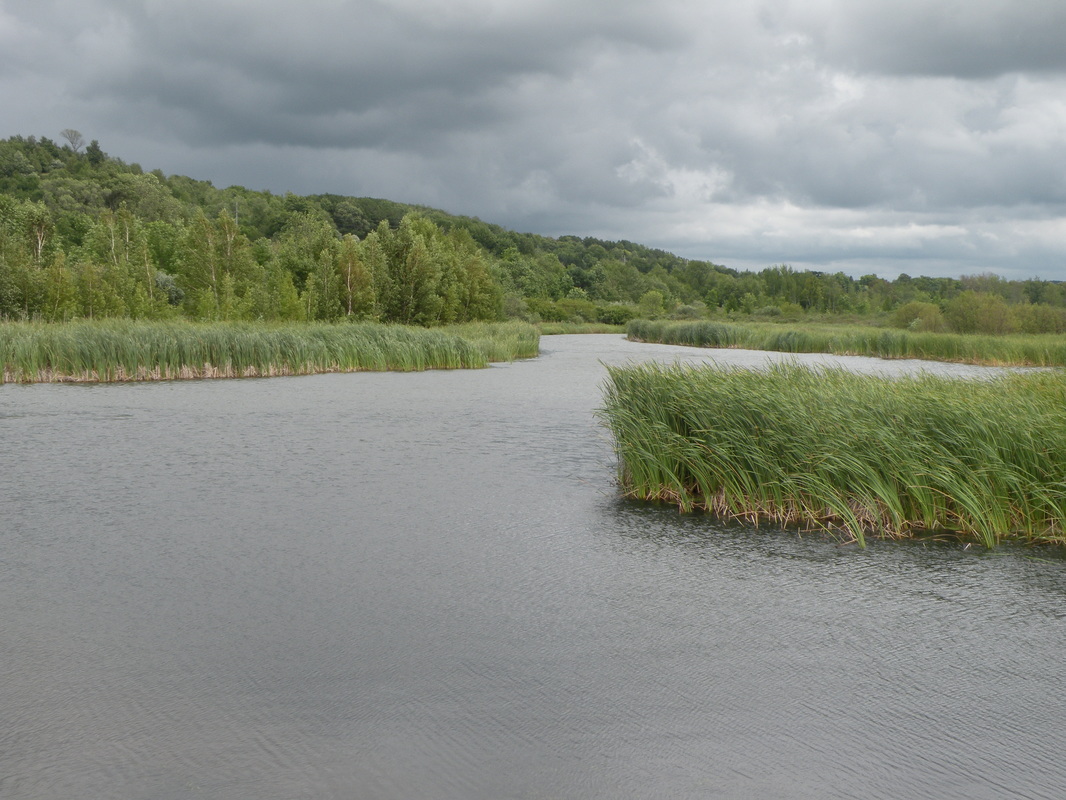
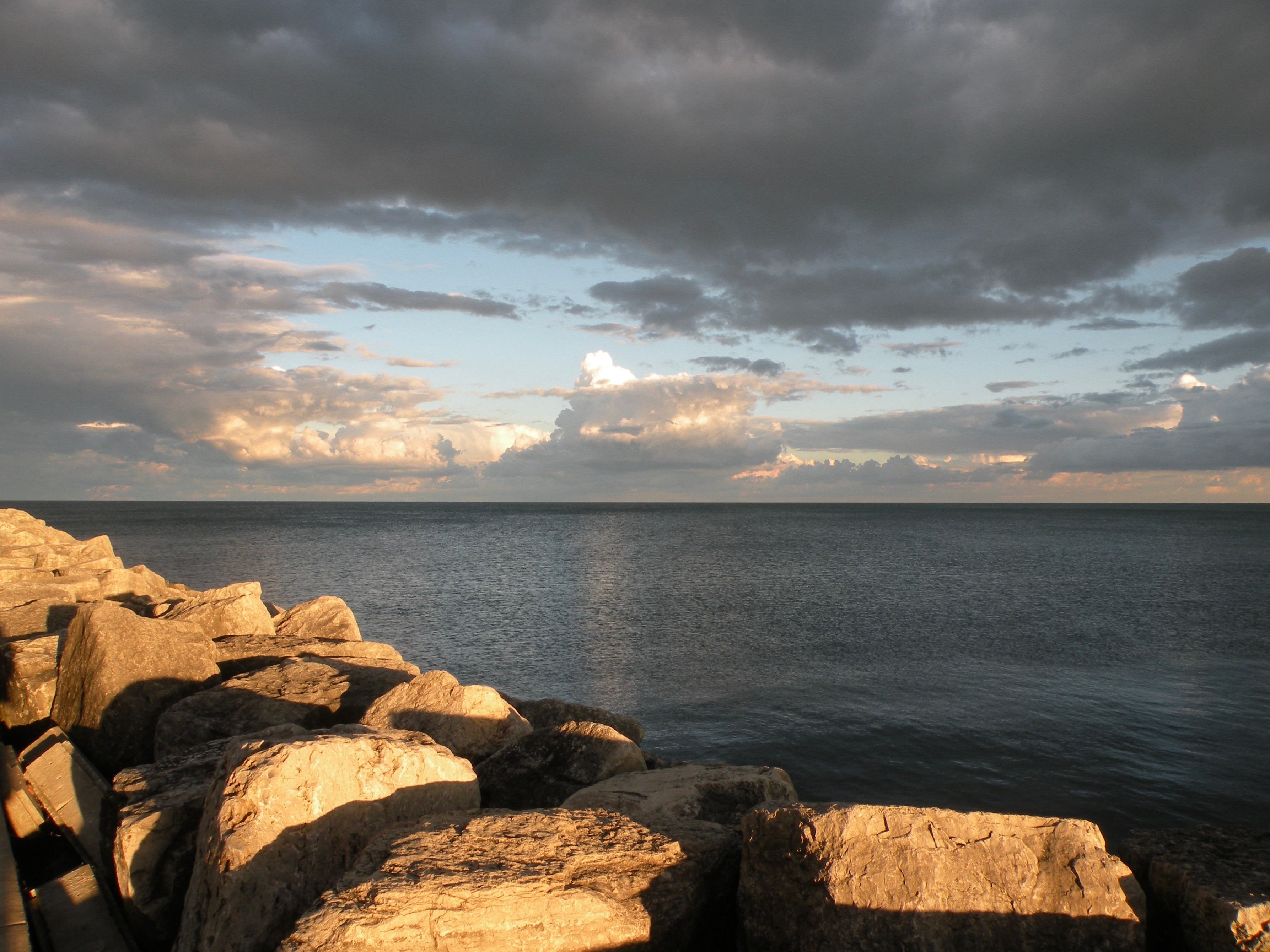
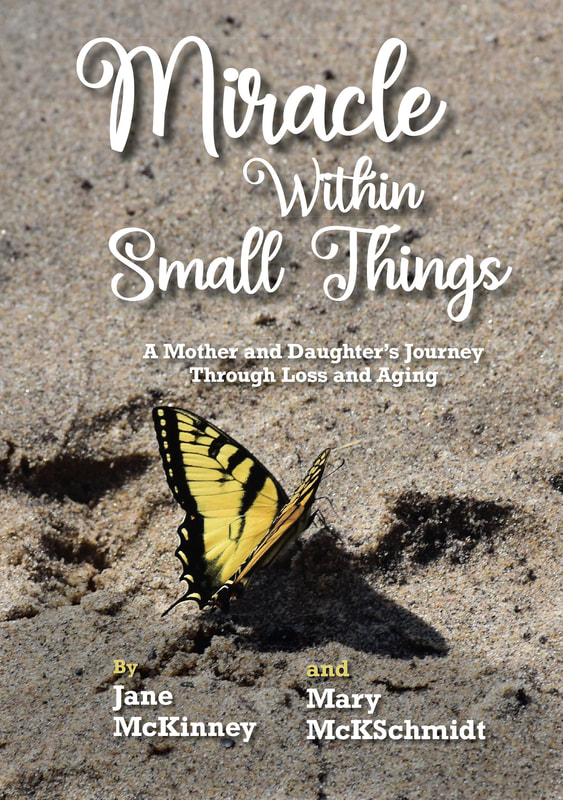
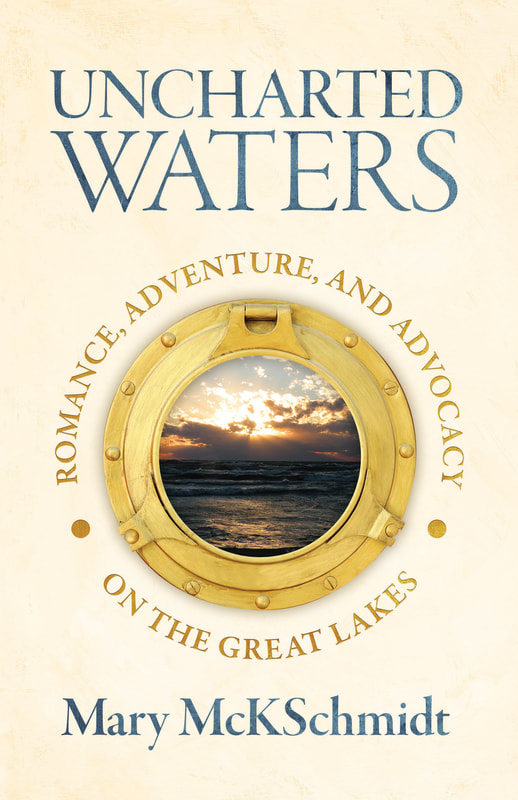

 RSS Feed
RSS Feed
